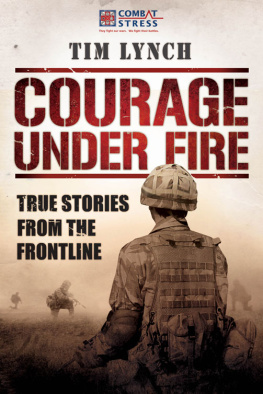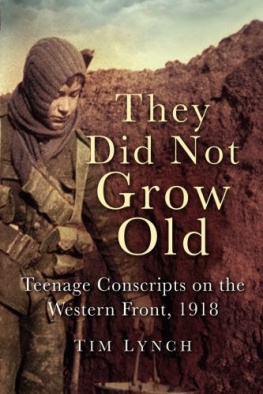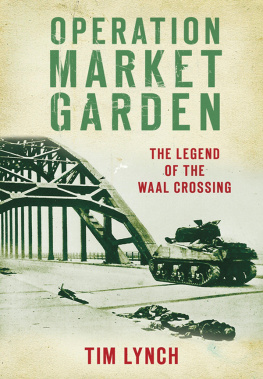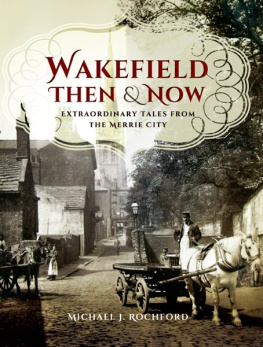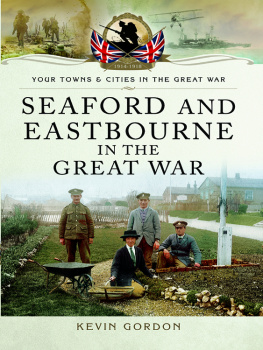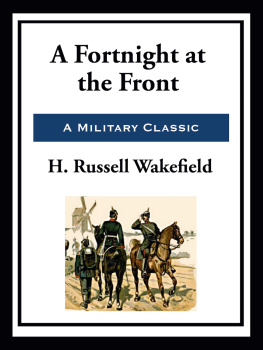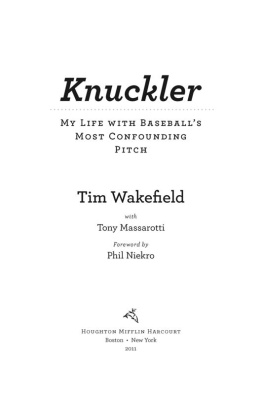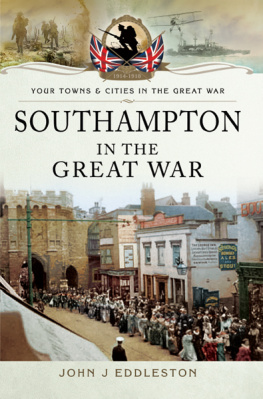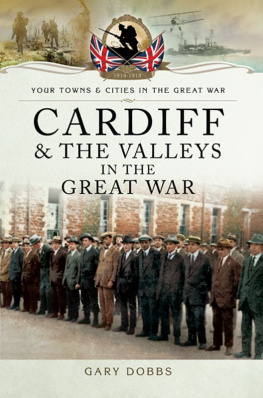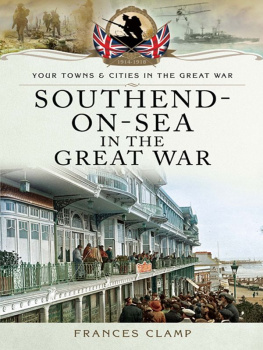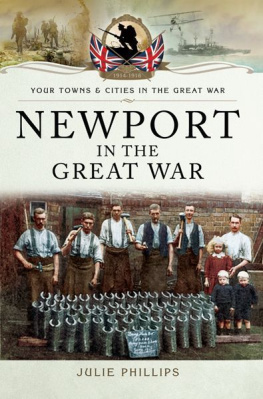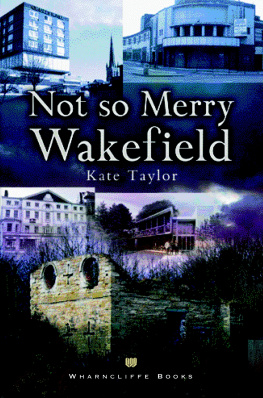First published in Great Britain in 2017 by
PEN & SWORD MILITARY
An imprint of
Pen & Sword Books Ltd
47 Church Street
Barnsley
South Yorkshire
S70 2AS
Copyright Tim Lynch, 2017
ISBN 978-1-47384-741-5
eISBN 978-1-47384-742-2
Mobi ISBN 978-1-47384-743-9
The right of Tim Lynch to be identified as the author of this work has been
asserted by him in accordance with the Copyright, Designs and
Patents Act 1988.
A CIP catalogue record for this book is available from the British Library.
All rights reserved. No part of this book may be reproduced or transmitted
in any form or by any means, electronic or mechanical including
photocopying, recording or by any information storage and retrieval
system, without permission from the Publisher in writing.
Pen & Sword Books Ltd incorporates the imprints of Pen & Sword
Archaeology, Atlas, Aviation, Battleground, Discovery, Family History,
History, Maritime, Military, Naval, Politics, Railways, Select,
Social History, Transport, True Crime, and Claymore Press,
Frontline Books, Leo Cooper, Praetorian Press, Remember When,
Seaforth Publishing and Wharncliffe.
For a complete list of Pen & Sword titles please contact
PEN & SWORD BOOKS LIMITED
47 Church Street, Barnsley, South Yorkshire, S70 2AS, England
E-mail:
Website: www.pen-and-sword.co.uk
Acknowledgements
This book owes a huge debt to the memory of Kate Taylor MBE, a passionate historian and prolific writer on Wakefields history and heritage. Kate had begun work on researching the citys part in the Great War but was taken before she could begin writing her planned book. I was fortunate enough to inherit some of her material from the publisher. I hope my own research and this finished product would meet with her approval.
Like all authors, Kate gathered material from a wide range of sources and like all historians knew that material well enough to have a catalogue in her mind of what came from where. Where possible I have acknowledged pictures and quotes from her work but the possibility of error on my part means that if I have failed to properly credit anything given to Kate I sincerely apologize and will ensure that any mistakes are corrected in future editions. Likewise the photographs used in this book are credited where the owner is known. Most come from my own collection and are taken from sources where they were originally not credited or where the original owners cannot be traced. No breach of copyright is intended and if information is received, proper acknowledgement will be made in future editions.
Id like to thank Roni Wilkinson at Pen & Sword for offering me the chance to write about Wakefield. Having worked in the city on and off for many years Ive come to have a great affection for it. Thanks too, to Brian Elliott for editing my deathless prose.
As ever, huge thanks to Jacqui, Beth and Josh for leaving me to mutter to myself over the laptop in the corner of the room and for the top ups of wine, coffee and chocolate without which the publishing industry would be a barren place. Although hes from Keighley, my dad, Albert, can be a mine of information about the interwar years and some obscure references to long gone products and practices the 1930s are clear but last week can sometimes be a bit hazy!
CHAPTER 1
The Last Summer

On the morning of 28 June 1914, Archduke Franz Ferdinand, heir to the throne of the Austro-Hungarian Empire and his wife, Sophie, left the Town Hall in the Bosnian city of Sarajevo in a motorcade heading for the citys hospital. Earlier that morning, after two of his comrades had decided not to go through with their plan to assassinate the pair, a third man had thrown a bomb at Ferdinands borrowed touring car. The device skidded across the roof, fell into the road and exploded as the following vehicle drove over it, wounding the passengers and at least sixteen of the bystanders lining the route. The Archduke had calmly carried on with the planned visit to the Town Hall, reading his speech from notes spattered with the blood of a wounded aide, but afterwards asked for a change to the itinerary so that he could go to visit the injured in hospital. Mistaken orders to the driver took the car down a wrong turning and directly into the path of 19-year-old Gavrilo Princip, another member of the Serbian group intent on killing Ferdinand as part of the fight for Serbian independence. Hemmed in by the dense crowd, Princip was unable to pull out and prime the bomb he was carrying, so instead he reached for his pistol, but couldnt move enough to actually aim it. As he later explained, Where I aimed I do not know I even turned my head as I shot. The killer fired just two bullets but at such close range he could hardly miss. One shot hit Sophie in the stomach while the other struck her husband in the neck, severing his jugular vein. There was nothing any doctor could have done to save either of them. Both remained seated upright while being driven to the Governors residence for medical treatment and Count Harrach, one of Franz Ferdinands aides, heard him pleading with his dying breath: Sophie, Sophie! Dont die! Live for our children! Sophie was dead on arrival at the Governors residence. Franz Ferdinand died 10 minutes later.
The murders shocked the diplomatic world but the deaths of one of what a British newspaper called Austrias idiot Archdukes and his wife in a country far away meant little to the majority of people in Britain, whose main concern at the end of June 1914 was, in keeping with proud British tradition, the weather. A heatwave was gripping the nation, with temperatures hitting ninety degrees in the shade in London, and a record 132 degrees recorded at noon on Wednesday, 1 July. Ten people had been reported dead as a result of heatstroke across the country. The news from Sarajevo was reported but was quickly overshadowed by the events of the afternoon of that Wednesday when, almost as a portent of things to come, the heatwave ended with a devastating explosive thunderstorm. The lightning was unusually vivid and almost continuous, reported the Yorkshire Post , and the thunderclaps came like a series of sharp explosions. Wakefield itself escaped the worst of it but the torrential rain quickly flooded Bradford city centre and struck parts of Leeds as drains failed to cope with the sheer volume of water. Near Pontefract, farmer Henry Harrison was killed by lightning and 17-year-old Ernest Rhodes was struck at Carlton. In Castleford, miner Isaac Barnes was reported to have been temporarily blinded by a nearby strike.



